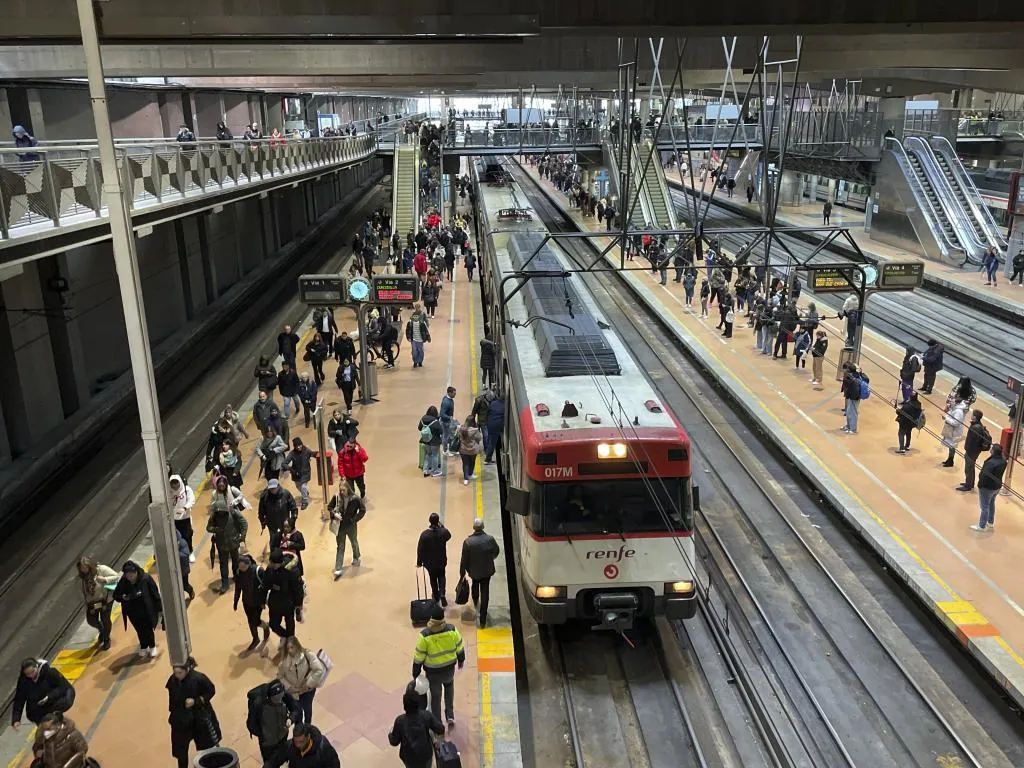The working conditions of Logirail, the subsidiary of the Renfe group to which the operator resorts to cover the services that do not reach with its structure, have led the unions to mobilize the template of the auxiliary group to denounce the precariousness of work in the company. Logirail, with 4,000 workers, is a large public company where, according to the unions, the labor reform that arrived to improve the life of the workers, hardly enforces.
Most of the contracts made are by work and service; Posts’ rotations are common every six months; Only the increases in the minimum interprofessional salary (SMI) promoted by the Government move up the salary tables of the workforce and “breach other basic legal obligations,” CCOO said yesterday.
There is the circumstance that Logirail, an unknown company outside the railway world despite its large size, has been placed in the center of conversations following the ‘Ábalos Case’. Information regarding the ongoing investigations indicate that the former Minister of Transportation, José Luis Ábalos, searched in the public company of Renfe a job as an administrative assistant for Clara Montes, with whom he is related between 2019 and 2022, the time when he worked in Logirail. Montes has rejected these accusations as well as their relationship with Ábalos, which he would have also found on the same dates work for two other women in ineco – also under the guardianship of transport – and Tragsatec, belonging to Tragsa, under the Ministry of Finance.
The protests in Logirail are not related to the case of corruption but serve as a backdrop. CCOO denounces that the company maintains “the worst working and salary conditions within the public railway sector”, until it has the need to have to continually review the salary tables after each increase in the minimum interprofessional salary (SMI).
He also points out that the nearly 4,000 people who make up their workforce have been “without a stable collective agreement for years.” The second agreement was published after its complaint, and the third collective agreement, signed in November 2023, has not yet been published.
“The public employment offer presented by 2024 is clearly insufficient to reduce the high temporality that affects a large part of the workforce, an urgent and sufficient call is necessary that allows the real consolidation of employment,” adds to the list of motives.
The largest rail union denounces that the professional progression of categories is not being carried out; that “breaches basic legal obligations”, lacking an equality plan and an annual training plan; and that there is also no general company committee.
